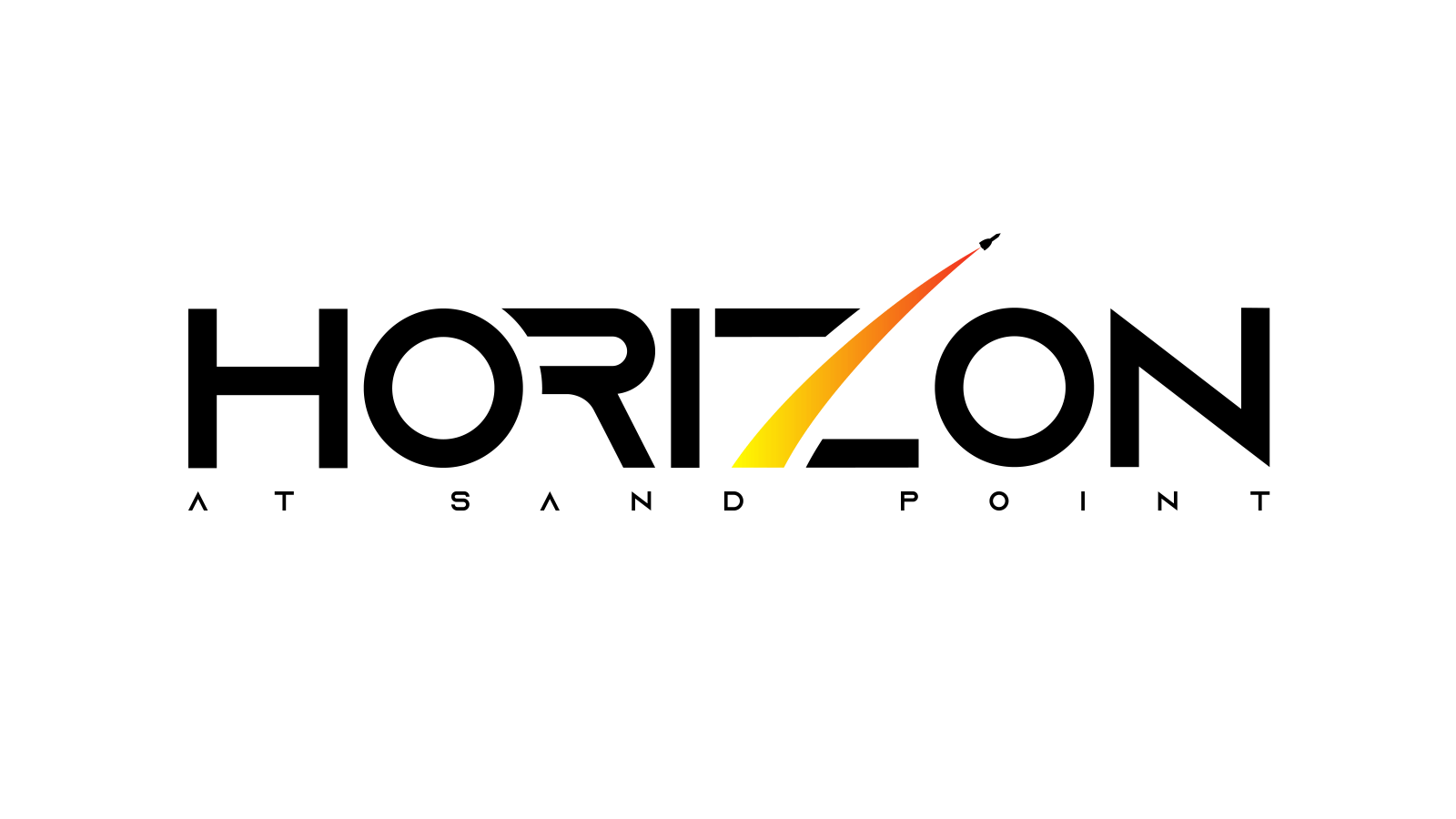Breast Cancer Awareness
October is Breast Cancer Awareness Month and Kitterman Woods wants to spread the word about mammograms and encourage communities, organizations, families, and individuals to get involved.
Breast cancer is the most common cancer among women worldwide and the second-most common cancer overall. In 2016, an estimated 246,660 cases of invasive breast cancer will be diagnosed in the U.S. alone.
Due to the use of regular mammography screening, most breast cancers in the U.S. are found at an early stage, before warning signs appear. However, not all breast cancers are found through mammography.
The warning signs of breast cancer are not the same for all women. The most common signs are a change in the look or feel of the breast, a change in the look or feel of the nipple and nipple discharge. Consult your doctor if you have any of these signs.
Prevention is the best tool for fighting breast cancer or any cancer for that matter. Lifestyle changes have been shown in studies to decrease breast cancer risk even in high-risk women. The following are steps you can take to lower your risk:
Limit alcohol: The more alcohol you drink, the greater your risk of developing breast cancer, limit yourself to less than 1 drink per day as even small amounts increase risk.
Don’t smoke: Accumulating evidence suggests a link between smoking and breast cancer risk, particularly in premenopausal women.
Control your weight: Being overweight or obese increases the risk of breast cancer.
Be physically active: Physical activity can help you maintain a healthy weight, which, in turn, helps prevent breast cancer.
Breast-feed: Breast-feeding might play a role in breast cancer prevention. The longer you breast-feed, the greater the protective effect.
Eat a Healthy Diet: Eating a healthy diet might decrease your risk of some types of cancer, as well as diabetes, heart disease and stroke.
Early Detection: Be vigilant about breast cancer detection. If you notice any changes in your breasts, such as a new lump or skin changes, consult your doctor. Also, ask your doctor when to begin mammograms and other screenings based on your personal history.
So no matter who you are, understanding breast cancer is important. But the most important thing to know is this: a diagnosis is not a death sentence. Breast cancer can be treated.
National Breast Cancer Awareness Month is a chance to raise awareness about the importance of early detection of breast cancer. Make a difference!
And Always Always FIGHT LIKE A GIRL!!!


